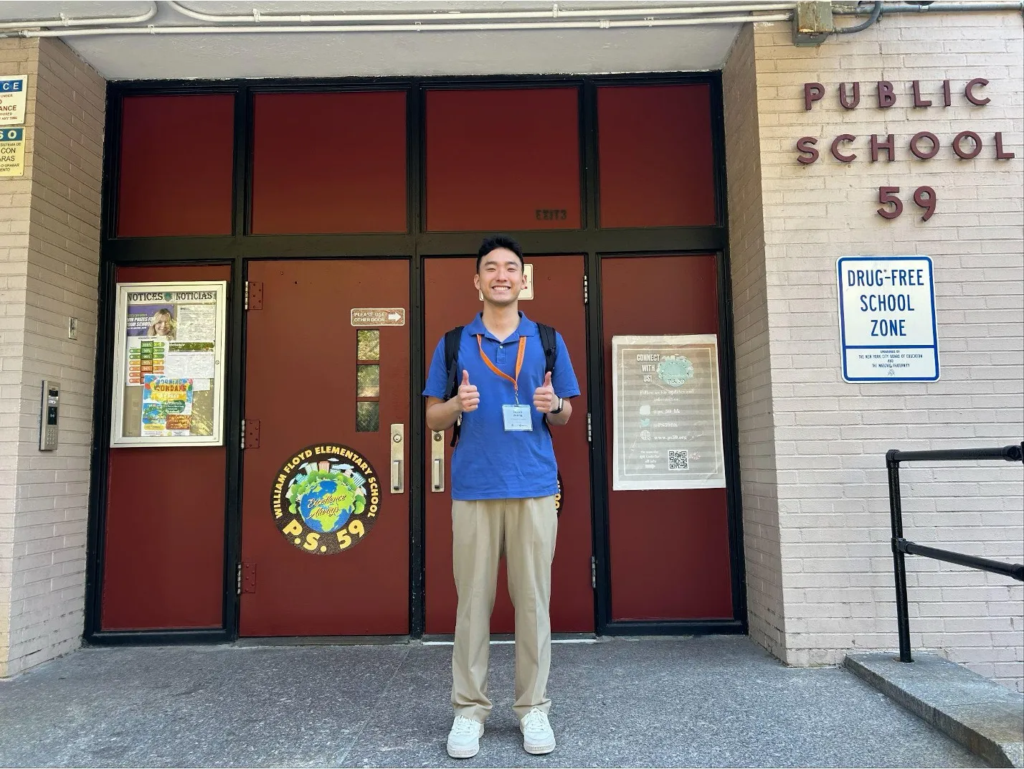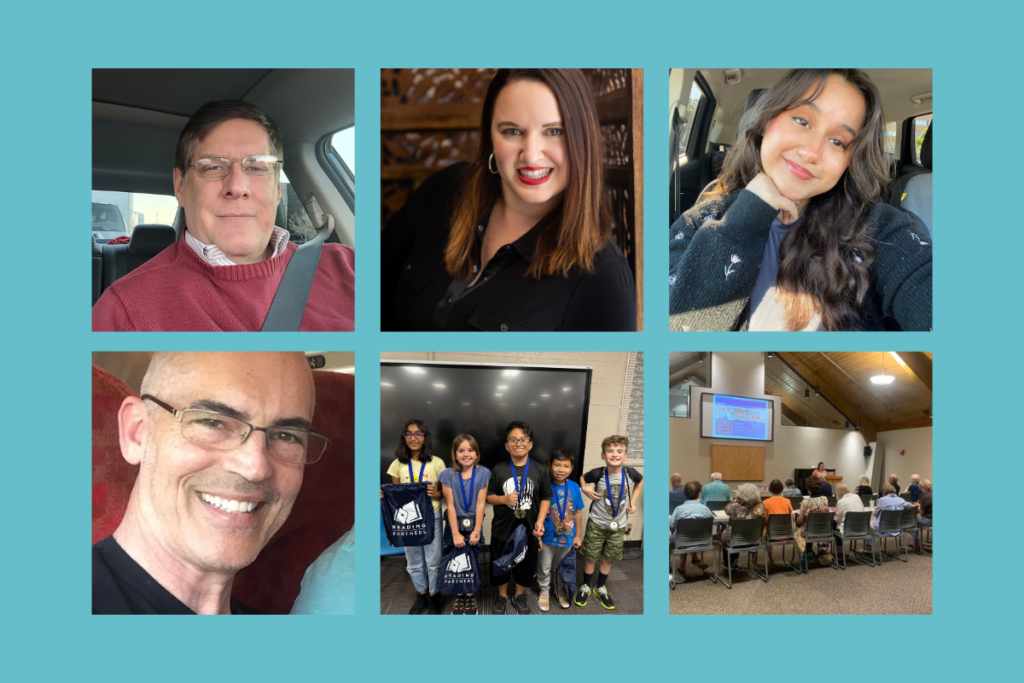The District’s slow background check process is preventing critical tutoring and after school programs from operating at full-capacity, according to multiple education nonprofit leaders, who say they have prospective employees and volunteers waiting months for clearance to enter school buildings.
D.C. background check delays means fewer tutors in schools, groups say
April 25, 2022
From The Washington Post
By: Perry Stein
The delayed background checks, which groups say can take as long as three months to complete, illustrate one of the many challenges school districts across the country have faced trying to implement new programs and spend an unprecedented amount in federal pandemic aid aimed at catching up students after more than a year of disrupted learning. High-demand substitute teachers must also go through the same backlogged clearance process.
The District — which contracts with the private security company First Advantage to conduct its screenings — said the typical background check process should take around 21 days, though acknowledged some delays. In addition to more standard criminal record checks and drug tests, a 2019 D.C. Council law also required background screenings to check if an applicant has ever been investigated for child abuse or sexual misconduct. The city said the law has made the process more time-consuming since there is no national database to check for these possible investigations. Investigators instead must manually check for the results of any potential investigations with past employers and state agencies.
The school system declined to say whether it would be contracting with First Advantage next academic year. A representative from First Advantage said the company was unavailable to comment.
In 2019, the school system’s security process was scrutinized after an employee at a private company that operated before- and after-school programs on eight campuses allegedly kissed and fondled a 13-year-old student on multiple occasions. An internal investigation found that the company did not conduct proper background checks and that many school system employees had lapsed security clearances.
“Council-mandated clearances are completed thoroughly in the interest of the safety of our school communities,” the school system said in a statement this week. “DCPS has worked with our partners and vendors to implement multiple strategies to expedite the clearance process this school year and are prioritizing these efforts to address remaining needs.”
The statement said the school system has worked with First Advantage to streamline and clarify some confusing parts of the application process.
Tutoring and after-school program leaders said the consequences of the delayed process have been significant, particularly during an academic year marked by staffing shortages and a competitive job market in which companies need to look attractive to prospective employees.
In January, Reading Partners says it had 373 prospective tutors waiting for background checks. About a third of these tutors dropped out of the process, many because they found other jobs or volunteer opportunities while they waited. The organization currently has more than 90 people waiting for background checks. Most group leaders say the process has moved much faster at charter schools, sometimes taking just days, though others said they have also experienced some delays at charter schools.
Lynsey Wood Jeffries — chief executive at Higher Achievement, an after-school program that provides academic support and mentorship to middle school students — said she had to delay the start of the program by a few weeks in D.C. Public Schools this academic year because the clearance process was so slow. The after-school programs at charter schools served by the program started on time.
Higher Achievement is one of eight groups that the city awarded more than $3 million in federal pandemic aid to provide intensive reading tutoring to around 1,600 students in both the traditional public and charter sectors. The city said these groups are tutoring about 1,400 students.
The city awarded Higher Achievement a one-year $162,000 grant in pandemic aid.
“We’re not going to be able to spend it all,” Jeffries said. “The security process is part of it, and the labor market is just bonkers this year.”
“Around the country, there’s no doubt about it, the pacing of the spending has been slower than what we would have thought for all sorts of reasons,” said Marguerite Roza, director of the Edunomics Lab at Georgetown University, which has tracked how school districts have spent their federal aid. “They are having trouble hiring people.”
Six percent of D.C. Public Schools students — around 3,000 students — receive intensive tutoring from staff or contracted organizations, according to the school system. The city aims to tutor more than 10,000 students over three years.
The District superintendent’s office plans to give up to $20 million in grants next month to tutoring groups for the next two academic years.



